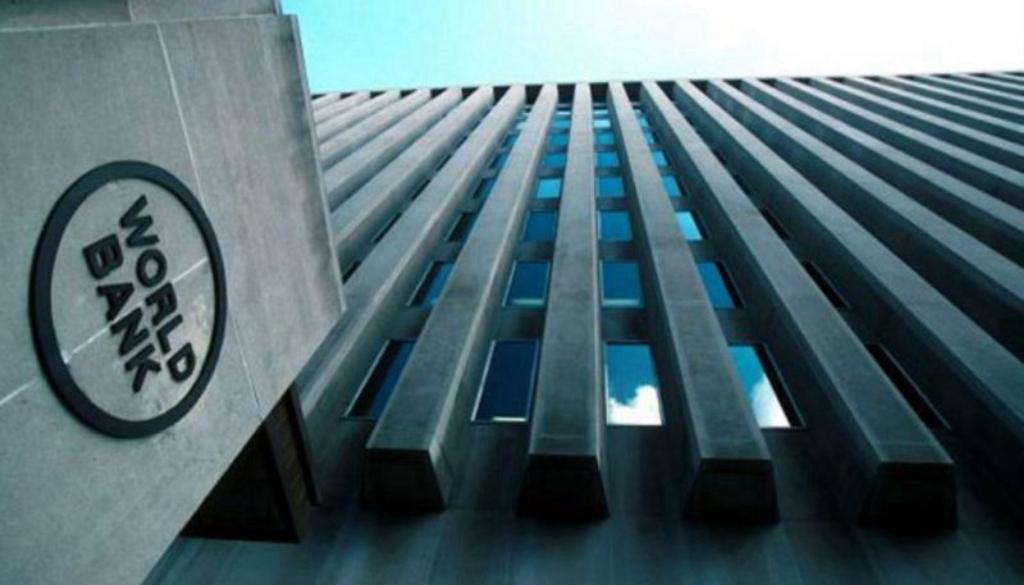Africa-Press – Cape verde. The World Bank is moving forward with preparing the diagnostic assessment that will serve as the basis for defining the priority sectors in the new Partnership Framework with Cabo Verde. This assurance was given by Marcos Chiliatto, the institution’s executive director, during a visit by a delegation from the Board of Executive Directors to the country, the first in the history of the relationship between Cabo Verde and the World Bank Group.
According to Chiliatto, this process is part of the institution’s common practice, which renews its cooperation frameworks with member countries every four to six years. The initial phase consists of in-depth diagnostics to precisely identify the main challenges facing national development and, from there, in dialogue with the government, define the strategic areas of intervention.
“We are still in the development phase. The first step is to understand precisely the development challenges facing Cabo Verde and, in collaboration with national authorities, identify the priority sectors. This is a task for the near future,” he emphasized.
During the visit, which covered the islands of Sal, São Vicente, Santo Antão, and Santiago, the delegation was able to observe World Bank-funded projects in areas such as infrastructure, health, human capital, and livelihood recovery. On Sal, support for the airport, roads, and the pontoon stood out; on São Vicente, the focus was on responding to the recent heavy rains that severely affected the population.
Chiliatto emphasized that Cape Verde has been able to effectively manage available support, even in crisis situations. He recalled that the country had previously approved a disaster response instrument, which allowed for the immediate disbursement of US$10 million following the floods on São Vicente. “It was a smart measure. Thanks to this mechanism, resources were made available for the emergency in less than 48 hours. Now the challenge is reconstruction: rebuilding homes, markets, aquaculture tanks, and other livelihoods,” he stated, offering a message of solidarity to the affected families.
In terms of priorities, Chiliatto highlighted sectors already identified as central to the archipelago’s development, including tourism, the blue economy, healthcare, and the development of human capital, always with infrastructure as essential support. “The World Bank is a partner of the Government of Cape Verde, which leads its own development strategy. Our role is to support with financing, experience, and knowledge, both in responding to emergencies and in building sustainable economic alternatives,” he emphasized.
The Executive Director also noted Cape Verde’s strong performance in implementing World Bank-financed projects, placing the country above average compared to other member states. “Cape Verde responds quickly. This was evident in the management of the recent natural disaster, but also in the smooth execution of projects. It is a positive example within the World Bank Group,” he emphasized.
Text originally published in the print edition of Expresso das Ilhas, issue 1241, September 10, 2025.
For More News And Analysis About Cape verde Follow Africa-Press






